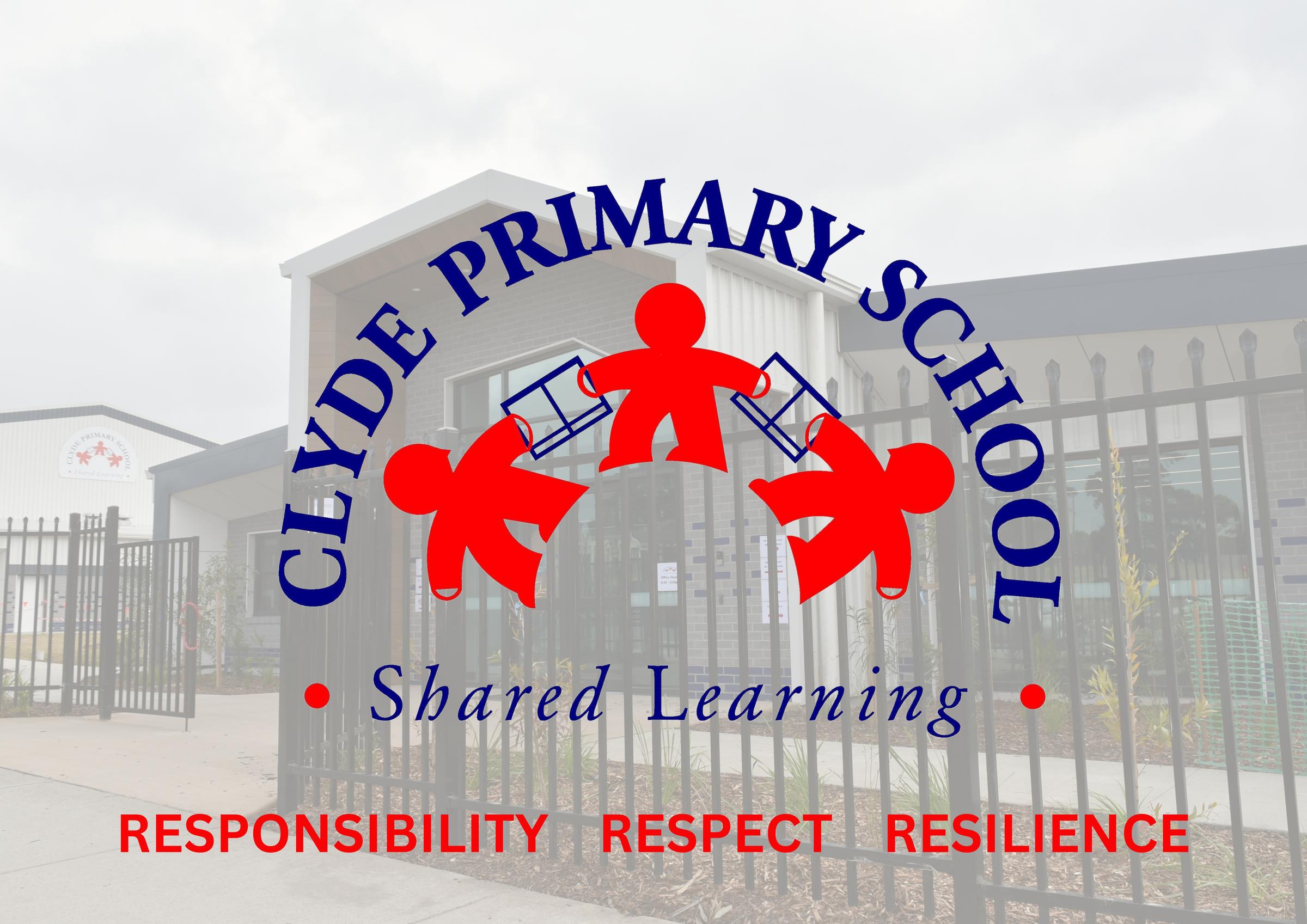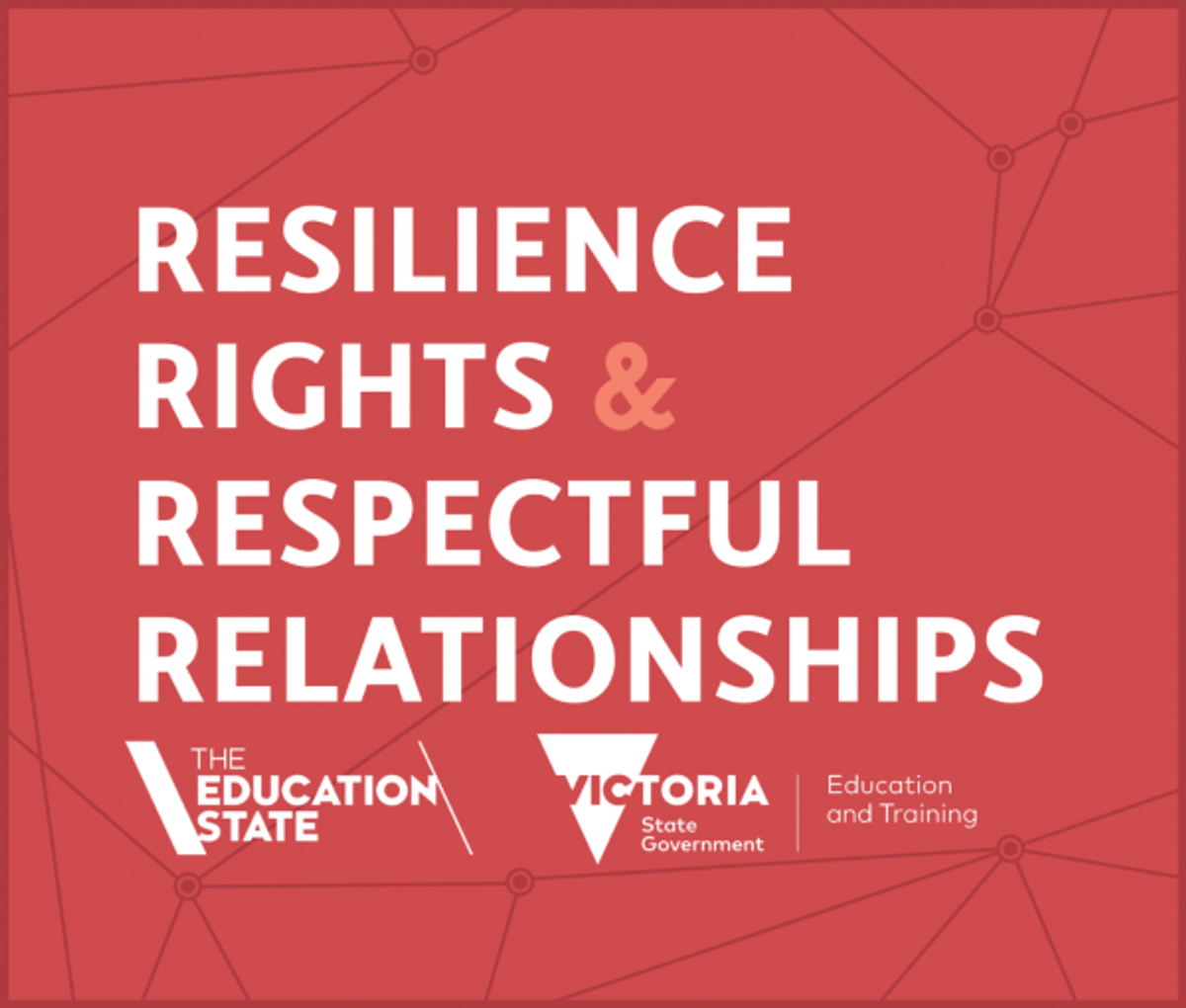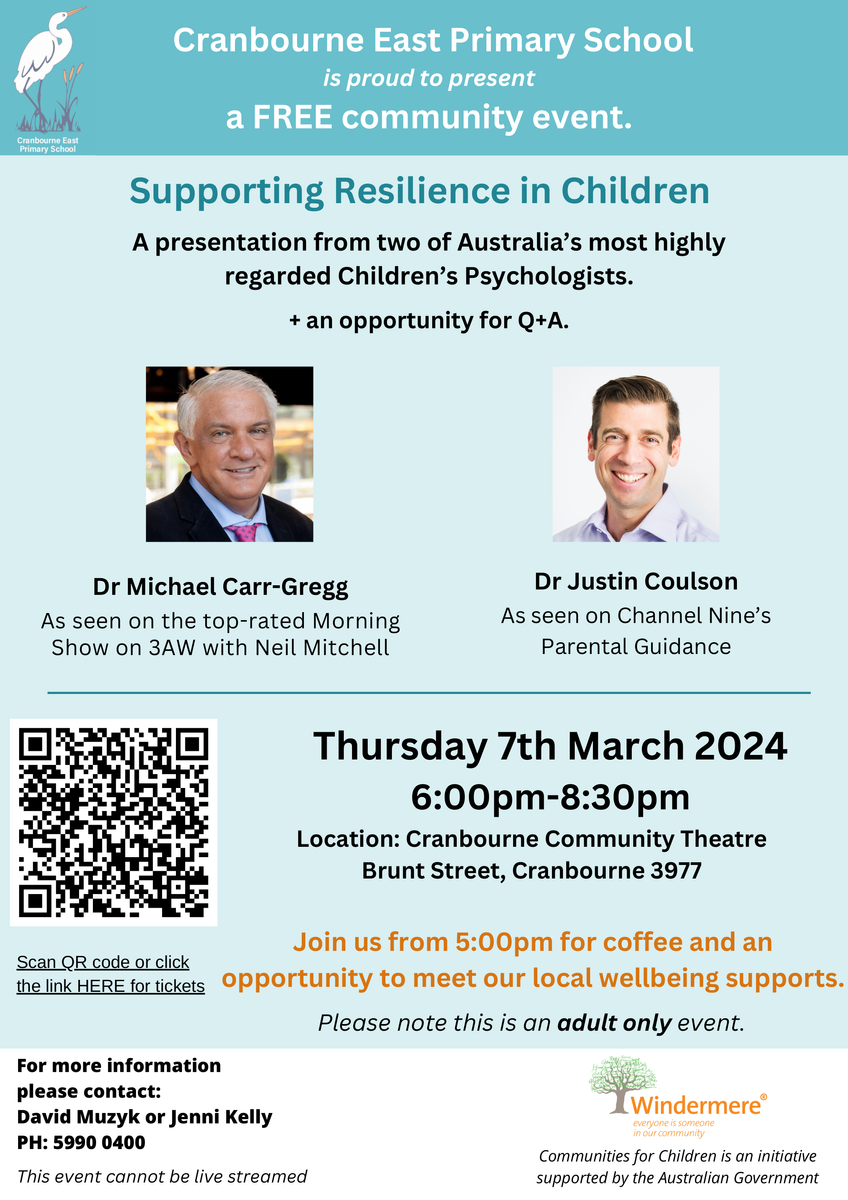Wellbeing

My name is Arun and I’m excited to be able to continue as the School Chaplain for Clyde Primary School in 2024. It was great to see some of the students I supported transition into their High School late last year, but also equally exciting to see some new faces join the school this year.
The title “School Chaplain” can be confusing for some so I’ll aim to clarify what that role entails within the context of this school.
Chaplains do not provide specialist services to school students, such as professional counselling, professional mental health, psychological services and other allied health services. In addition, it is not a religious program and so does not provide religious instruction or religious counselling to students.
Instead, in practice, the School Chaplain is involved with:
supporting student attendance, engagement, and mental health supporting students in difficult or challenging situations such as during times of grief providing students with referrals to specialist services when required providing pastoral care and guidance to students about values and ethical matters supporting the physical, emotional, social, and intellectual development and wellbeing of students supporting an environment of cooperation and respecting a diversity of cultures and traditions. In general, that means working towards creating a more safe and supportive school environment by
Þ Identifying and responding to wellbeing issues early.
Þ Empowering students by providing them with encouragement, advice and strategies.
Þ Building relationships with students and providing a stable, consistent adult figure or role model.
Considering the above, I can work with students one-on-one and in small groups to help support their wellbeing goals. There are specific one-on-one and group programs that I am trained to deliver such as:
· A Social Skills Group (SPARC) – to aid in the development of integral personal and social skills. In SPARC we unpack conversations surrounding self-esteem, social skills, positive and negative relationships and identity. We play games and have social time as well as time for discussion and directed activities
· A Mindfulness-based group (Peaceful Kids)- to help alleviate symptoms of anxiety and chronic worrying by becoming more aware of thoughts and emotions and learning various mindfulness meditations
· One-on-one sessions (using the JUMP program) – working through a variety of wellbeing topics such as Emotional Awareness, Positivity and Resilience
Additionally, Parents are also more than welcome to contact the Chaplain for personal support where needed.
If you would like your child be to be involved in one of these programs, please contact the School Office. I will be working at the school on Mondays and Fridays.
What is Respectful Relationships?
Respectful Relationships is about tackling family violence through education. In the classroom, children will learn problem-solving skills, to develop empathy, support their own wellbeing and build healthy relationships with others. The initiative will also provide resources to best support children and staff who are affected by family violence.
When children build positive relationships with their teachers and peers, they feel safer and happier at school, are more resilient and have positive social attitudes. Positive relationships also increase a child’s sense of social connectedness and belonging which can result in better health and academic outcomes.
At the beginning of Term 1 our focus is on Emotional Literacy. The Emotional Literacy topic from Foundation to Grade 6 looks at identifying, recognising and understanding our emotions. As the topic progresses the learning content around how we feel and express emotions builds so that students have an emotional vocabulary and an awareness of emotional regulation.
In topic 2 we learn about ‘Positive coping’ skills and ‘Problem Solving’ topics. Key concepts taught within these topics consist of how students reflect on their emotional responses and how students can take responsibility for their actions, along with techniques students can use to deal with feeling of fear, frustration and anger. Students will also recognise a variety of ways to deal with and solve conflicts.



